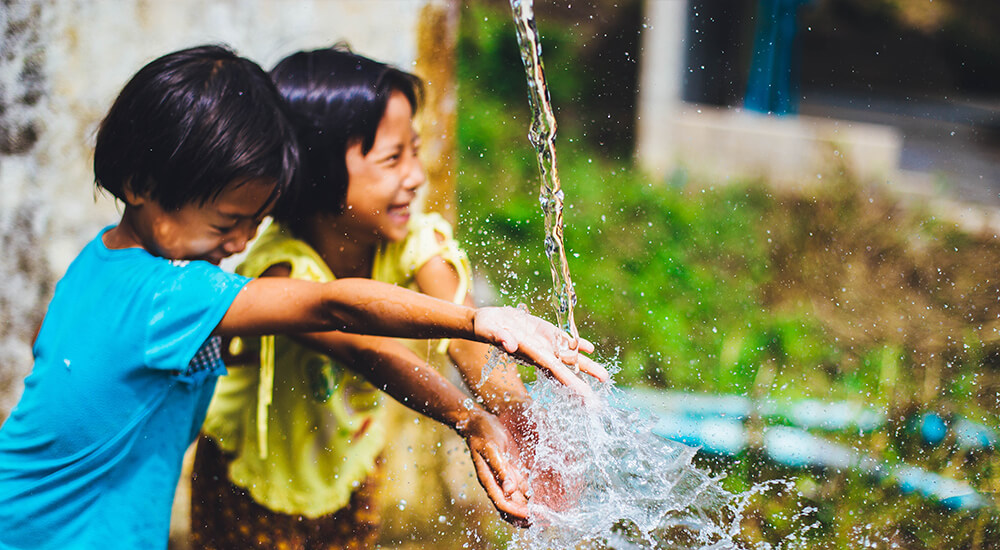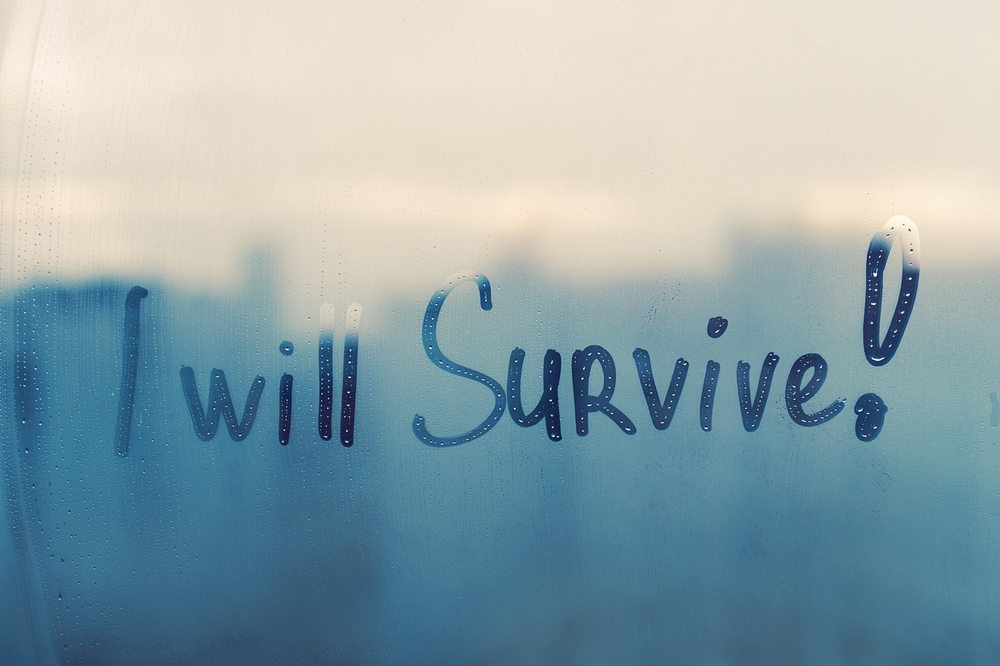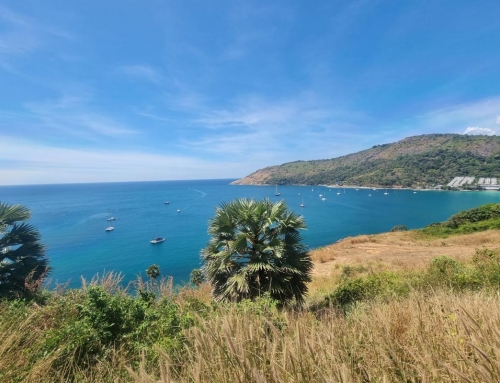Phuket’s rainy season (May to October) brings dramatic tropical showers that can disrupt daily life, but as a villa or condo owner in Phuket, knowing how to prepare helps you enjoy your investment all year round. From maintaining your property to enjoying rainy day comforts in your home, here’s how to thrive during Phuket’s “green season.”
1. Protect Your Villa or Condo from Moisture and Mold
High humidity and heavy rain can cause dampness, mold, and wood damage. Make sure your Phuket property, whether a sea-view villa, pool villa, or modern Phuket freehold condo, has:
-
Proper ventilation and quality insulation
-
A reliable dehumidifier system
-
Annual anti-mold maintenance and safe outdoor drainage
These property care steps preserve value, especially for luxury homes in Nai Harn, Rawai, or Laguna.
2. Inspect Your Property After Intense Rain
Following heavy storms:
-
Check for roof leaks and clogged guttering
-
Inspect balconies, drainage channels, and carports
-
Clear debris around foundations to prevent flooding
Prompt fixes avoid long-term damage and keep your Phuket real estate investment protected.
3. Lifestyle Tips for Condo or Villa Sellers
Even during rainy spells, there’s plenty to enjoy indoors or close to home:
-
Have Netflix or a soundtrack system ready
-
Purple rainscapes look charming from a villa balcony!
-
Create cozy indoor zones—reading nooks by well-lit windows work beautifully
These tweaks not only make your property more inviting to renters or buyers; they can support listing photos and virtual tours that show year-round livability.
4. Explore Covered Local Activities Near Your Property
Rainy season is a great time to discover indoor venues around properties:
-
Phuket Old Town’s museums and cafes
-
Covered shopping malls in Chalong or Phuket Town
-
Wellness spas perfect for villa or condo-including resorts
Highlighting local amenities around your Phuket property gives potential buyers added value.
5. Design Around Rain: Ideal for Property Developers
If you’re investing in Phuket real estate development:
-
Incorporate covered walkways or courtyard layouts
-
Boost drainage with elevated pathways or mesh boards under patios
-
Add indoor/outdoor transitions with stylish covered terraces or pergolas
These small design touches enhance hurricane resilience and appeal to long-term residents and real estate buyers.
6. Keep Your Property Furnished Thoughtfully
Know your rental or sale strategy:
-
For short-term loss of bookings during rainy months, storage-friendly furniture helps
-
Keep tropical but durable materials like teak and rattan for furnishings in condo units or open-air lounge areas
Well-chosen decor not only withstands damp weather but reinforces a tropical design for marketing listings.
Ready to Make Your Phuket Property Rain-Ready?

Whether you’re owning, developing, or renting out a villa or condo in Phuket, understanding how to maintain and market during the rainy season is key to retaining and even increasing your investment value.
Explore our curated listings to discover properties built for year-round comfort:
Get in Touch | Call Now On: +66 9484 11918






Social Contact